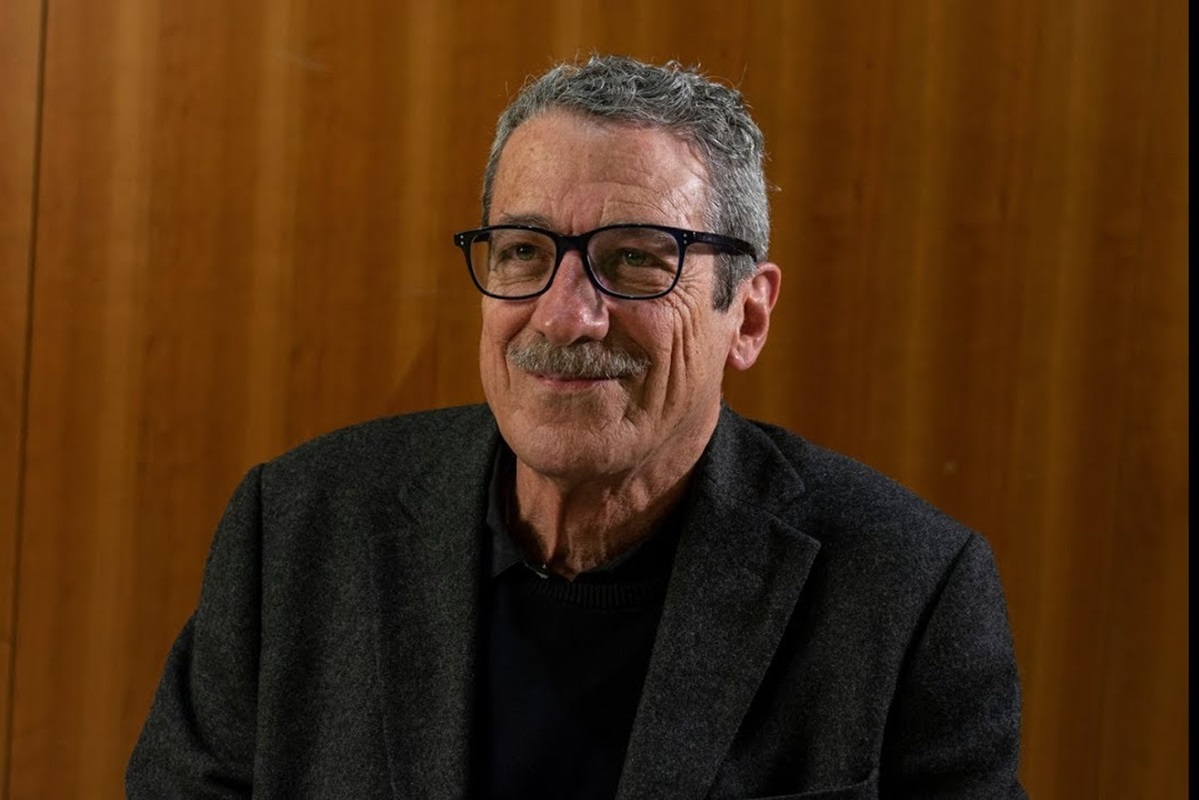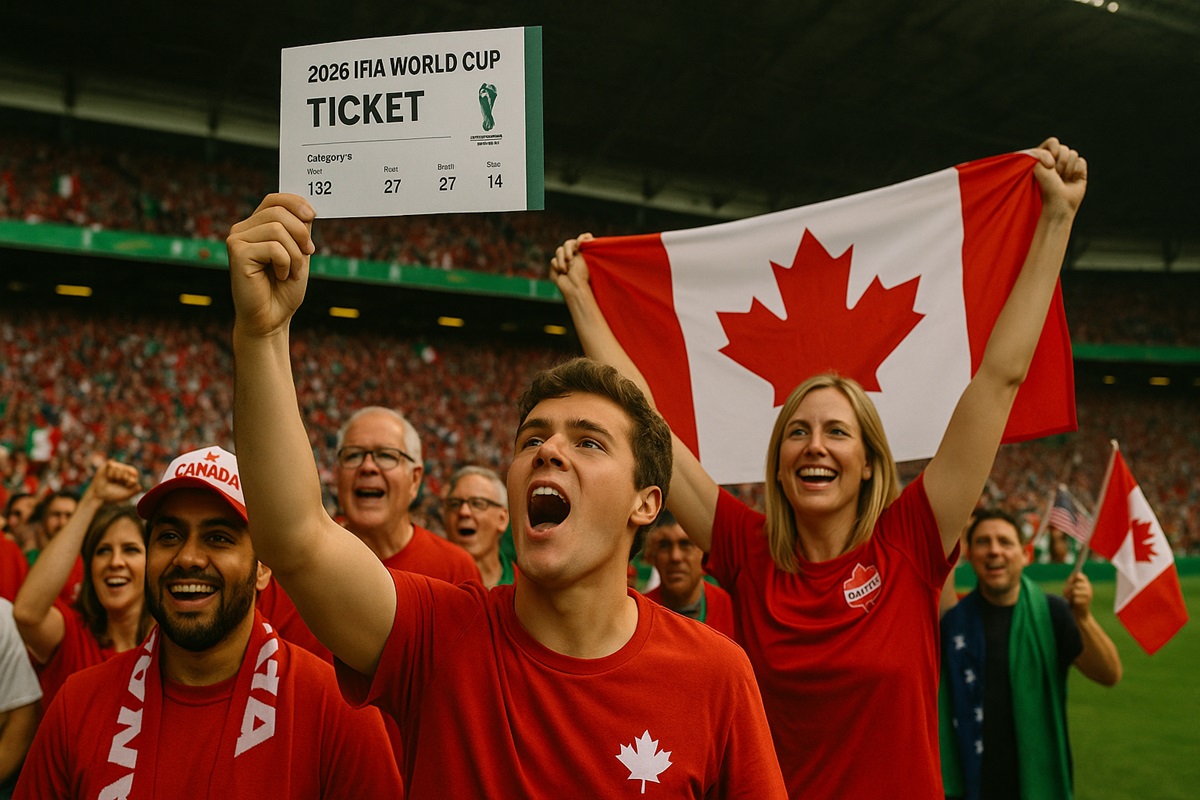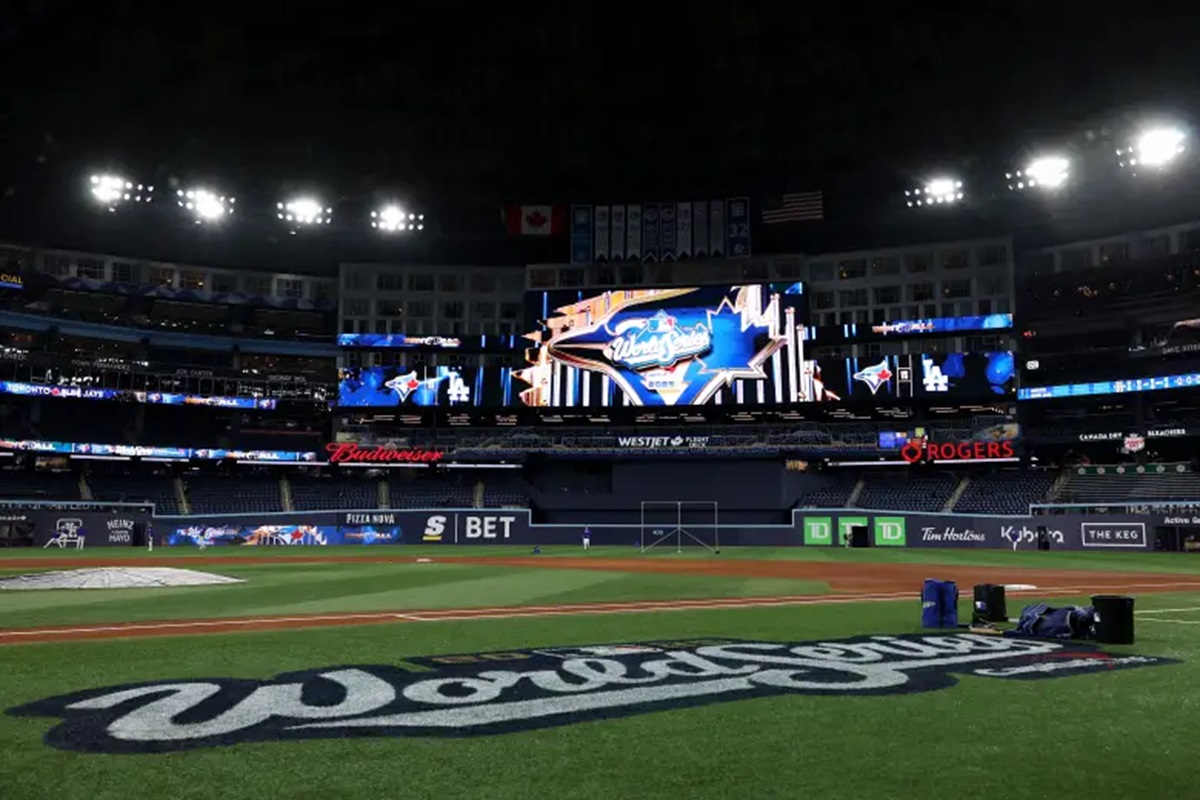On December 5, the world’s eyes will turn to an unusual stage for football: the Kennedy Center in Washington, D.C. That is where the groups for the 2026 FIFA World Cup will be drawn—an event already making history before the first ball is kicked. Fittingly, the announcement came from the White House, where U.S. President Donald Trump and FIFA President Gianni Infantino posed together with the golden trophy, as if it were a symbol of shared power.
Washington will not host any matches. Yet it will play a leading role in the run-up: the draw that decides who faces whom in the group stage. A paradox in itself.
A World Cup Unlike Any Other
The 2026 edition will be unprecedented. For the first time, 48 teams will compete, requiring a new format of 12 groups of four. The top two from each group will advance, along with the eight best third-placed teams, creating a round of 32. In total, 104 matches will be played—a figure that multiplies the tournament’s scale. Infantino even compared it to “104 Super Bowls in a single month.”
This expansion not only increases global representation but also reshapes logistics, media coverage, and the business of football. More teams mean more fans, more tickets, and more countries tuning in.
Three Nations, One Tournament
Never before have three countries shared World Cup hosting duties. North America will do so on a massive scale:
- United States: 11 host cities, from New York and Los Angeles to Seattle, Dallas, and Miami.
- Mexico: Three historic venues—Mexico City, Guadalajara, and Monterrey.
- Canada: Toronto and Vancouver, making their debut as World Cup hosts.
The calendar carries symbolic weight. The legendary Estadio Azteca will stage the opening match on June 11, honoring its history of hosting both opening matches and finals in 1970 and 1986. The final will take place at MetLife Stadium in New York/New Jersey on July 19.
Related content: The Most Spectacular Stadiums of the 2026 FIFA World Cup
The Draw as a Global Spectacle
The Kennedy Center, traditionally a cultural landmark, will be transformed for one night into a football arena. Infantino described it as the ideal setting to “unite the world.” Yet behind the rhetoric lies political undertones: Trump has taken a direct role in the center’s management, even hinting at renaming it the “Trump Kennedy Center.” The line between football, politics, and show business has rarely seemed so blurred.
The event will be far more than just a draw. It will be a globally televised spectacle, attended by representatives from the 16 host cities, ambassadors, and delegations from across the world. In many ways, it will serve as a prelude to the World Cup itself: a mix of football, business, and geopolitics.
The United States and Its 1994 Legacy
The United States previously hosted the 1994 World Cup, which featured 24 teams. That tournament was a public success and marked the rise of soccer in the country. Thirty-two years later, the challenge is even greater: doubling the number of host cities and coordinating the largest tournament in football history.
For Trump, the World Cup also offers a political stage. He has already promised “total security” for the draw and hinted at making visas “easier for some countries and more difficult for others”—a statement that underscores how football can become entangled with diplomatic tensions.
Mexico and Canada: Key Players
Mexico will become the first country to host a World Cup for the third time. The Azteca, steeped in history, will serve as the symbol of that continuity. Canada, meanwhile, will debut as a host nation. Its challenge will be proving it can meet the logistical and sporting demands of an event of this magnitude. The opening match in Toronto will be a milestone for Canadian football.
Much More Than a Draw
On December 5, no champions will be crowned—but the road to glory will be mapped out. Each ball drawn will set the course: journeys, rivals, hopes, and fears. It will mark the true beginning of a tournament already poised to break records in attendance, television audiences, and sporting revenue.







